Home / Curriculum / History
The Lord commands, “Remember your history, your long and rich history”
Isaiah 46:9
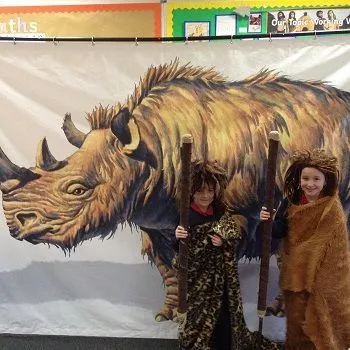
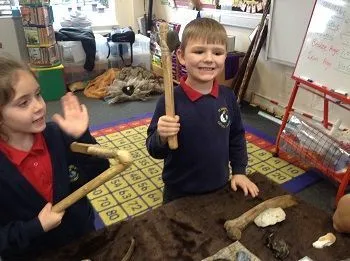
The National Curriculum states that ‘a high-quality history education will help pupils gain a coherent knowledge and understanding of Britain’s past and that of the wider world. It should inspire pupils’ curiosity to know more about the past.’
Our aim at St Gabriel’s is to encourage pupils to develop an appreciation and understanding of Britain’s past (including that of our local area) and that of the wider World. Our curriculum encourages pupils to think like historians by asking and answering questions about the past, using a variety of sources to give them an insight into how people around the world used to live and understanding why these interpretations may differ. They will gain an understanding of historical skills: continuity and change, cause and consequence, similarity and difference and significance (disciplinary knowledge) and be taught to make links between areas of learning by revisiting recurring historical themes (substansive knowledge). The aim of this is to develop engaged, motivated and curious learners who have pride in where they live and who can reflect on the past and make meaningful links to the present day, turning facts into an historical narrative.
St Gabriel’s History curriculum has been designed to cover all of the skills, knowledge and understanding as set out in the National Curriculum.
Our History curriculum is organised over a two year cycle in a progression model that outlines the skills, knowledge and vocabulary to be taught in a sequentially coherent way: Chronological Understanding; Knowledge & Understanding of Events in the Past; Historical Enquiry; Historical Interpretation; Organisation and Communication are all mapped out to ensure that pupils build on secure prior knowledge. When covering each of these strands, the content will be carefully organised through a Long Term Plan.
Recurring concepts/themes are also mapped out on the Long Term Plan: Food and Farming, Beliefs, Settlements, Culture and Pastimes, Travel and Exploration, Conflict, Society, Location and Legacy. These are used as a starting point when planning an enquiry.
Content knowledge, vocabulary and skills will then be planned for in a greater level of detail in the Medium Term Plan, where appropriate cross-curricular links are made to strengthen connections and understanding for pupils.
All learning will start by placing the time period on a timeline and by making links to previous areas studied.
Pupils will be introduced to an enquiry question which is broken down into sub-questions to investigate using historical skills.
Staff will model explicitly the subject-specific vocabulary, knowledge and skills relevant to the learning to allow pupils to integrate new knowledge into larger concepts. This will be made explicit in lessons to support children in the recall of previous learning, making meaningful links between the areas studied and to support them in creating an historical narrative.
Knowledge organisers can be used as a support for planning and to support children in retaining new facts and vocabulary in their long term memory.
We recognise that we have children of differing abilities in History and we seek to provide suitable learning opportunities by adapting the challenge of the task to the child’s ability. We achieve this in a range of ways:
Consistent learning walls in every classroom will provide constant scaffolding for children. Tier three subject specific vocabulary is displayed on the learning wall along with key facts and questions, knowledge organisers and model exemplars of the work being taught. Visual prompts for the concepts and skills to be taught in the lesson are on display and should be referred to, enabling pupils to make strong connections with prior learning and to aid their understanding of the historical skill they are using.
Where possible, a Local History focus will be mapped into the History schemes of work to enable to pupils to appreciate the History of Leigh and to develop a sense of pride in where they live.
Our young historians will be given a variety of experiences both in and out of the classroom, where appropriate, to create memorable learning opportunities and to further support and develop their understanding.
History assessment is formative, to inform teachers with their planning, lesson activities and differentiation. Assessment opportunities are planned for and at the end of a unit of work, staff will make judgements on whether a child is working below, at or above year group expectations. This information will be placed on the History tracking grid at the end of the year.
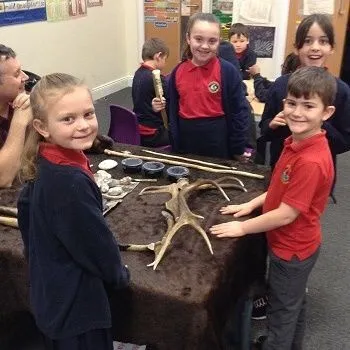
At St Gabriel’s, our clearly established layers of planning and documentation have increased staff knowledge of the sequencing of lessons, the progression of historical skills and the core knowledge and vocabulary to be taught, which has in turn impacted on teaching and learning, in school. We have developed a curriculum in which children can learn the knowledge and skills of being an historian that are built on year on year and are progressive. The implementation of an enquiry question which is broken down into subsidiary questions, alongside the progression of historical interpretation allows children to ask questions and to develop their curiosity about the past. The strong links in planning to local History have enhanced children’s understanding of the past of the local area and how it fits into the wider picture of British and World History, allowing them to develop a sense of pride in where they come from. Trips and visitors have enhanced children’s classroom learning through being able to examine real artefacts and bringing the stories of people throughout History to life as well as experiencing environments beyond the local area – this enhances their cultural capital and knowledge of the world beyond their local area.
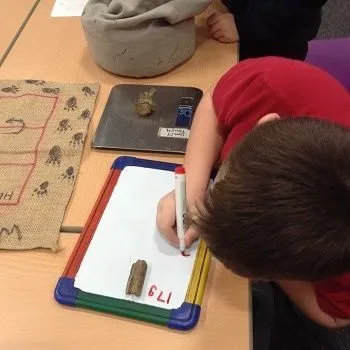

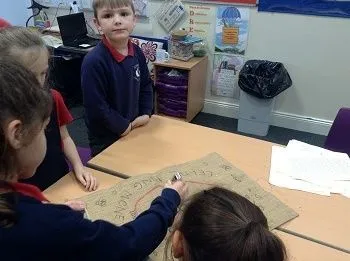

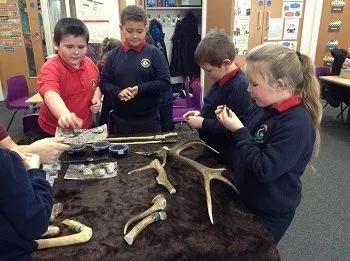
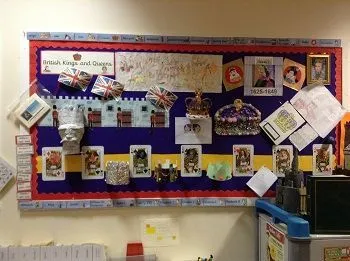
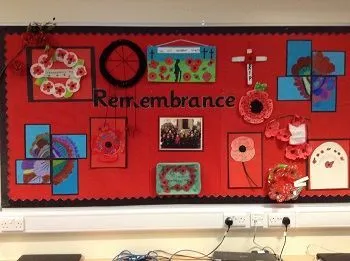
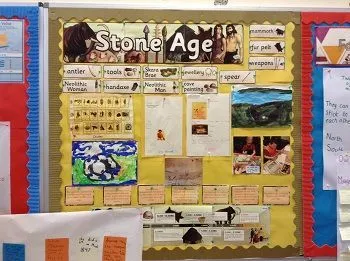
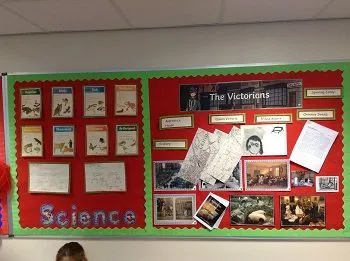
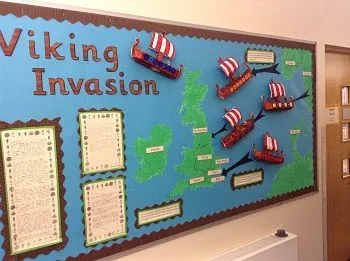
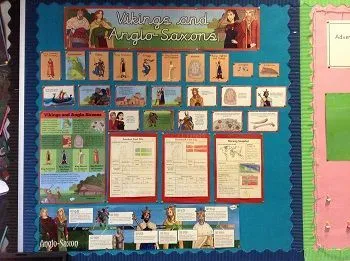
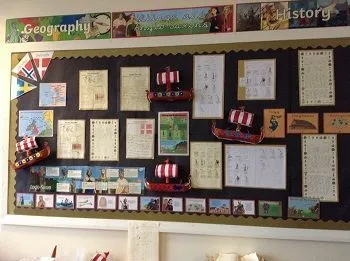
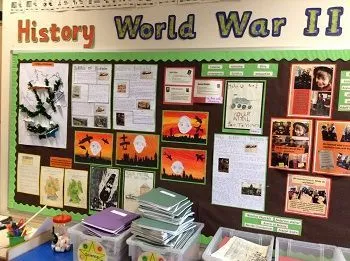
We have now updated our Holidays & Events section of our website for this school year.
Make sure to check it out.
Performance Measures